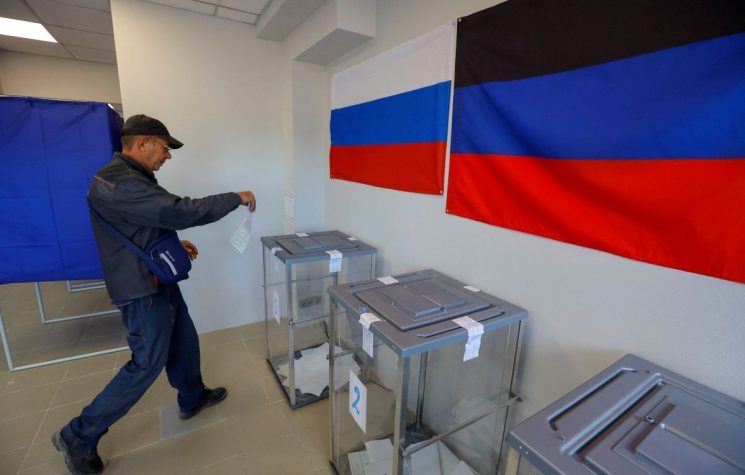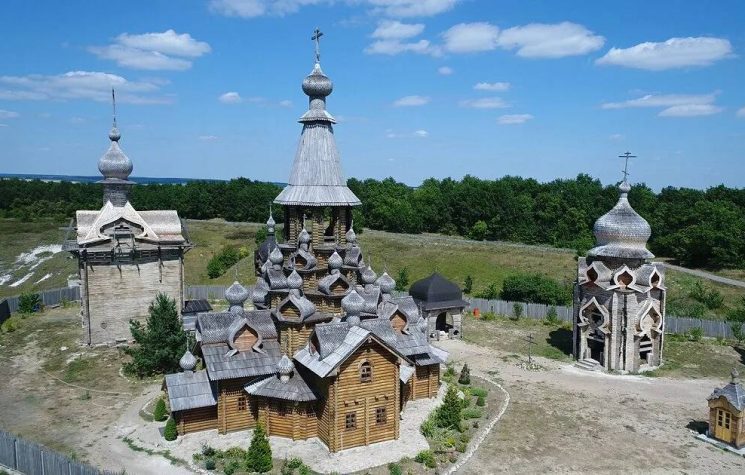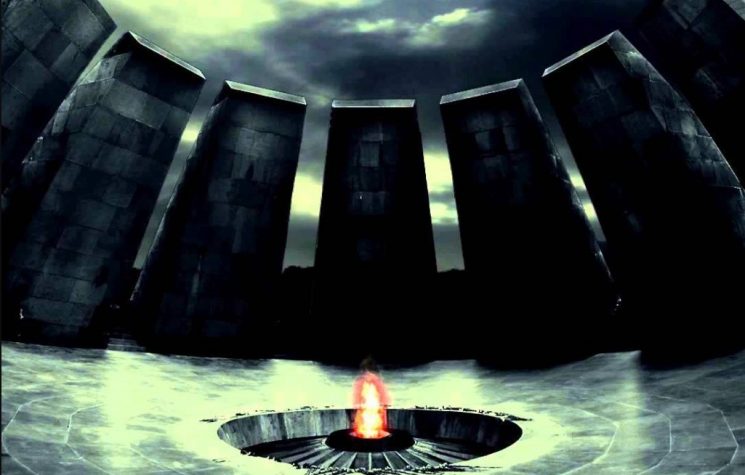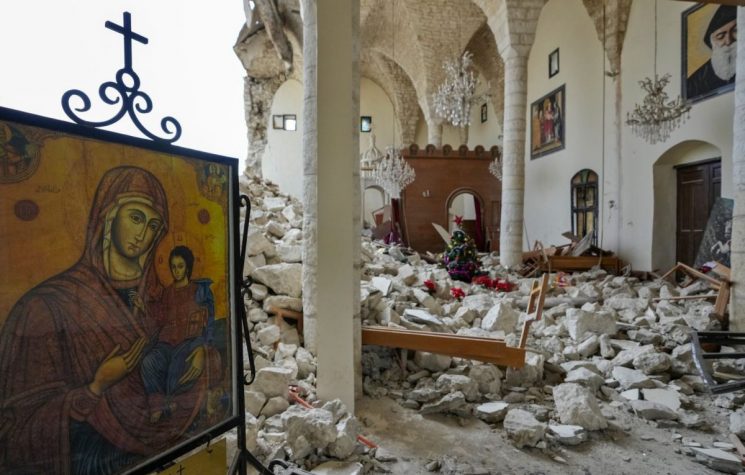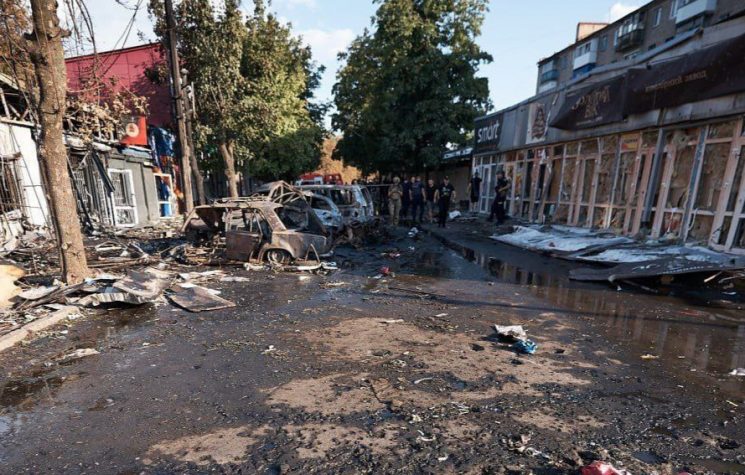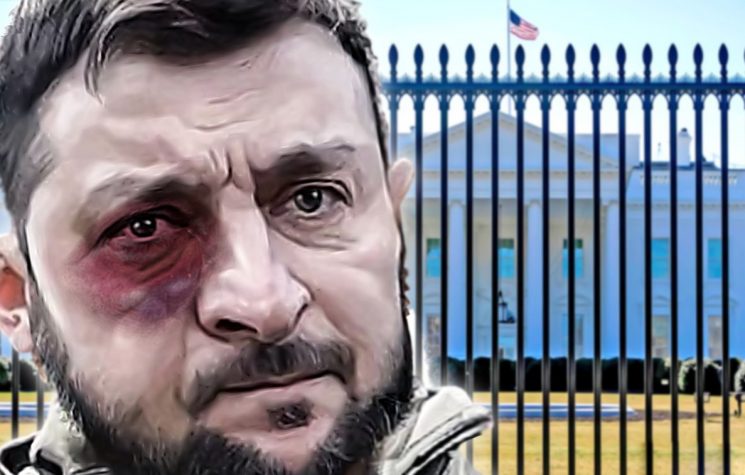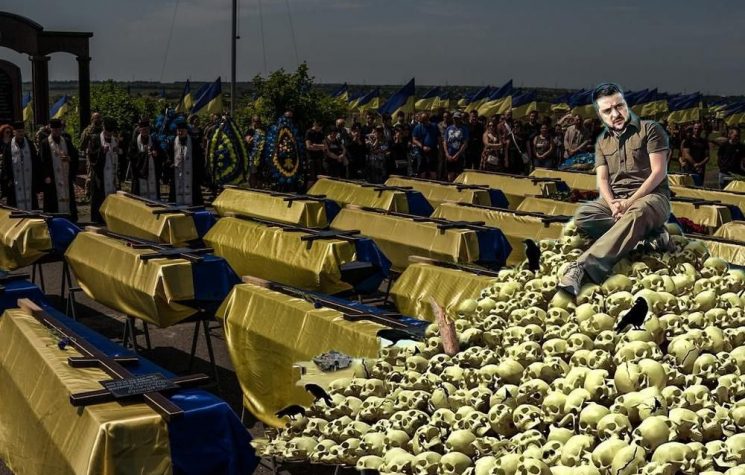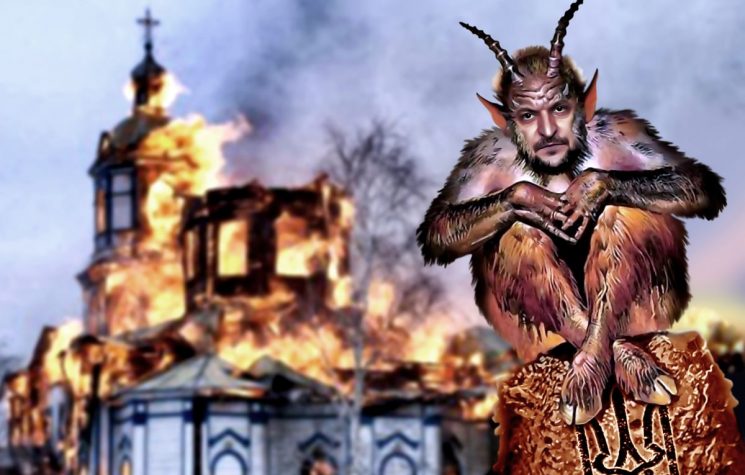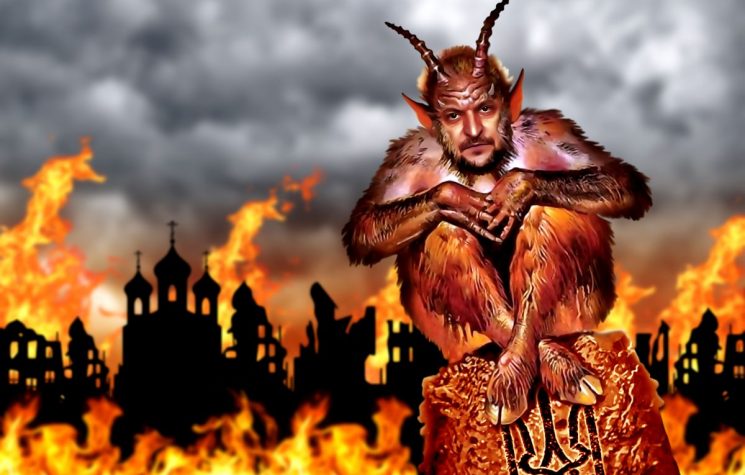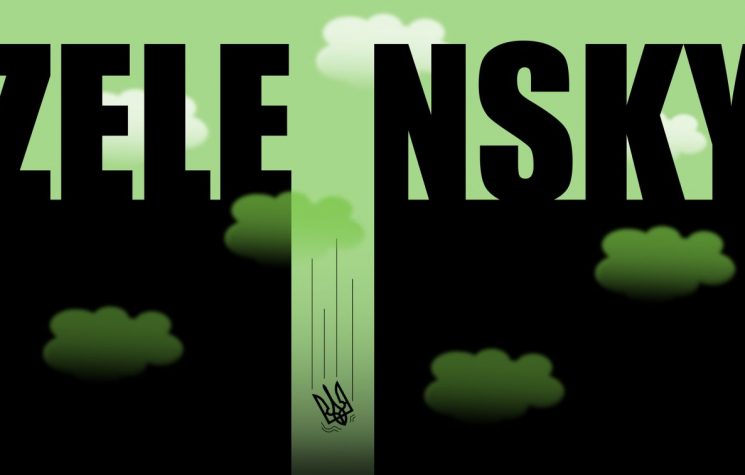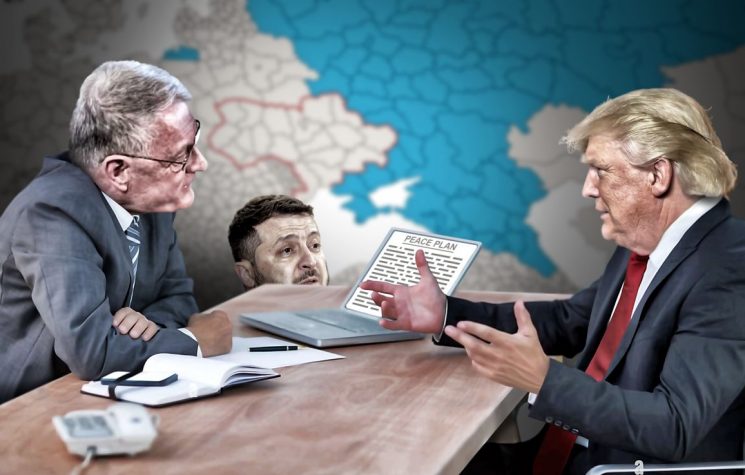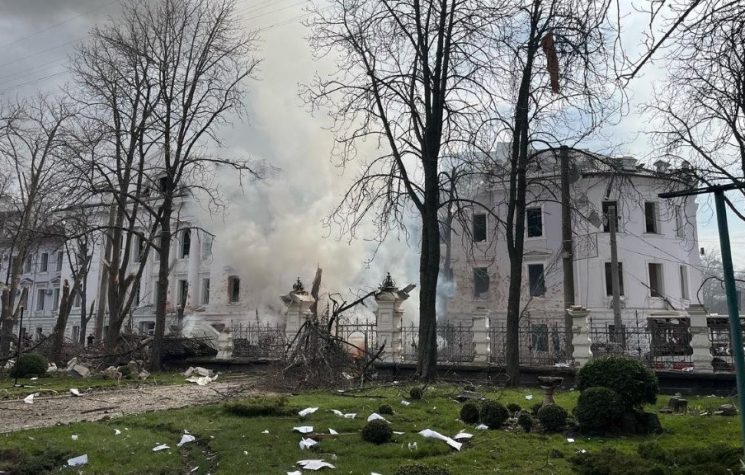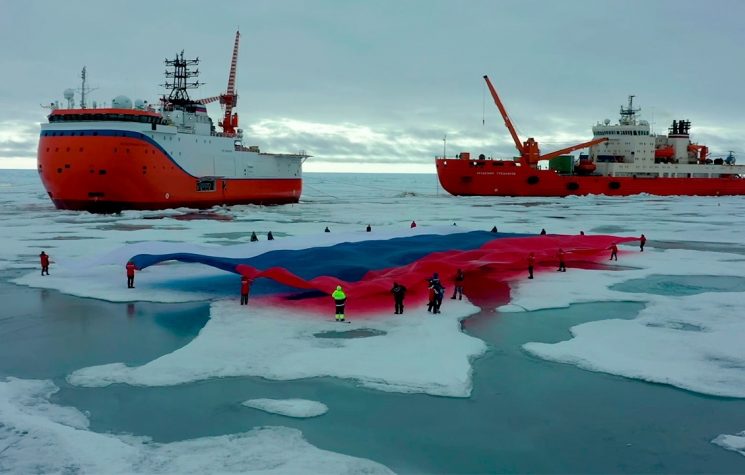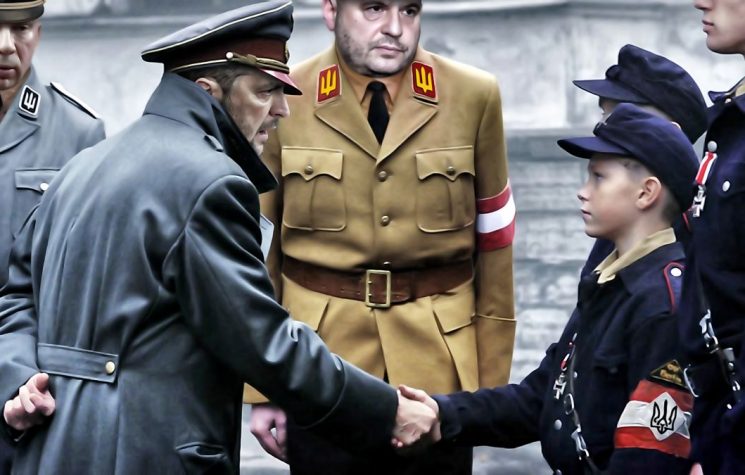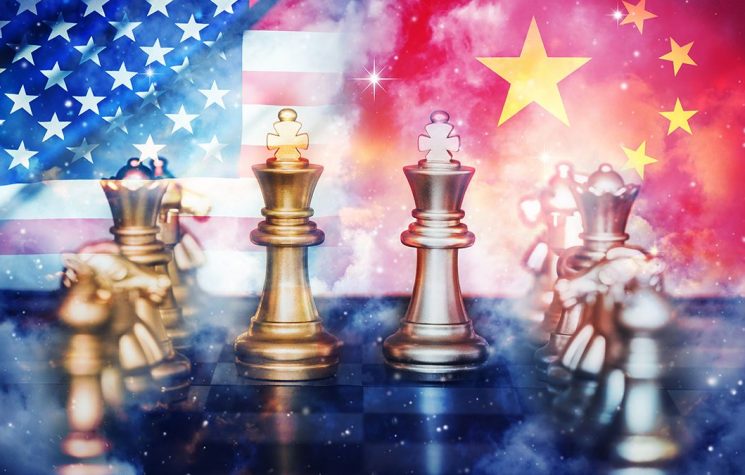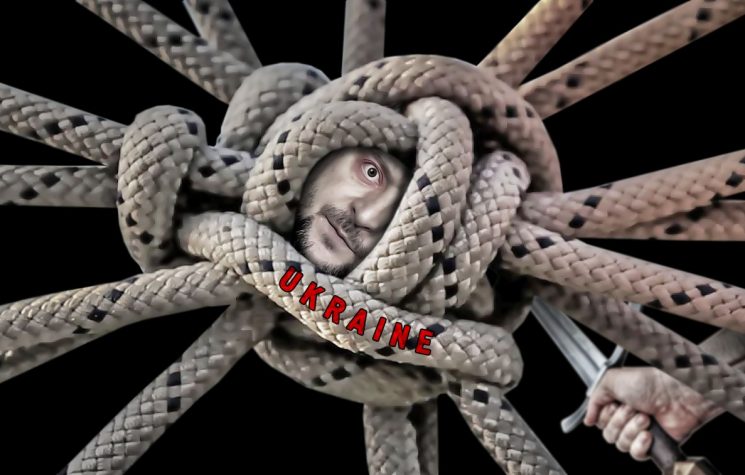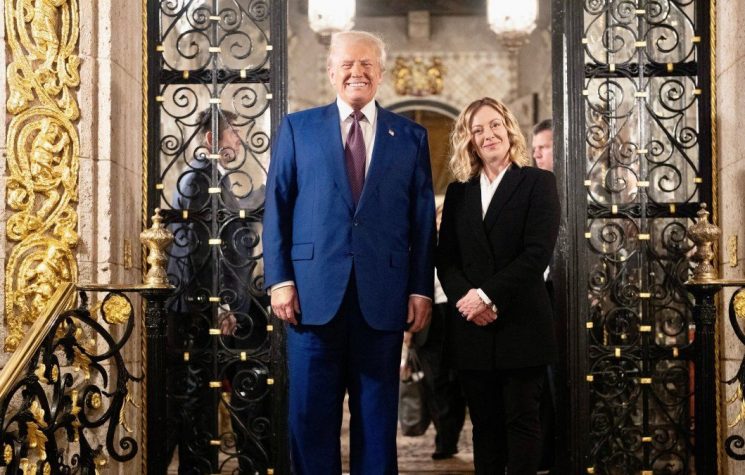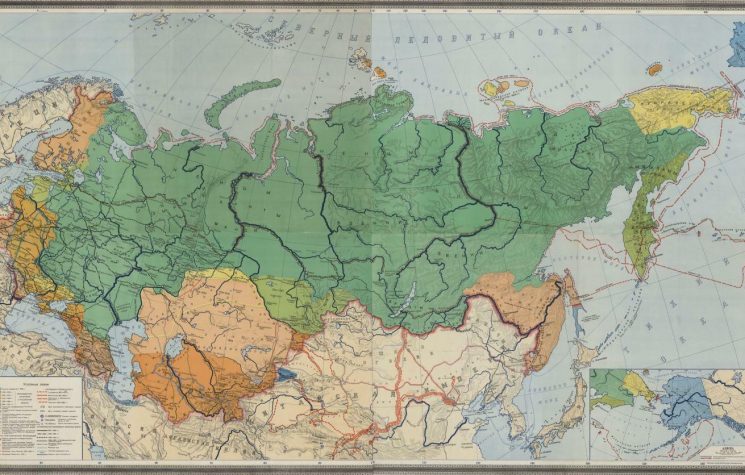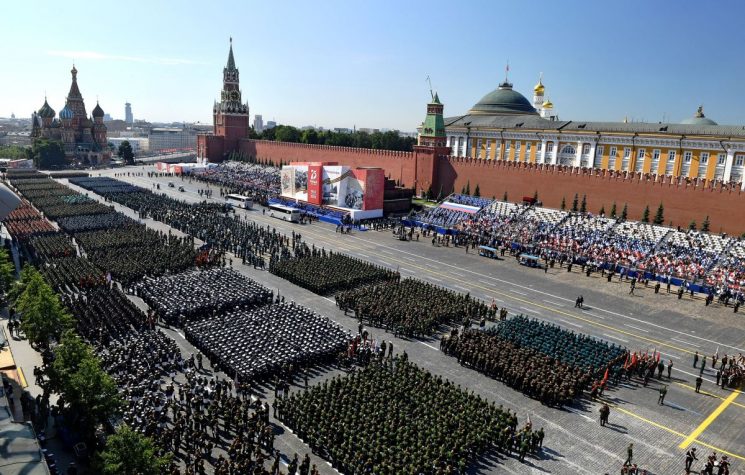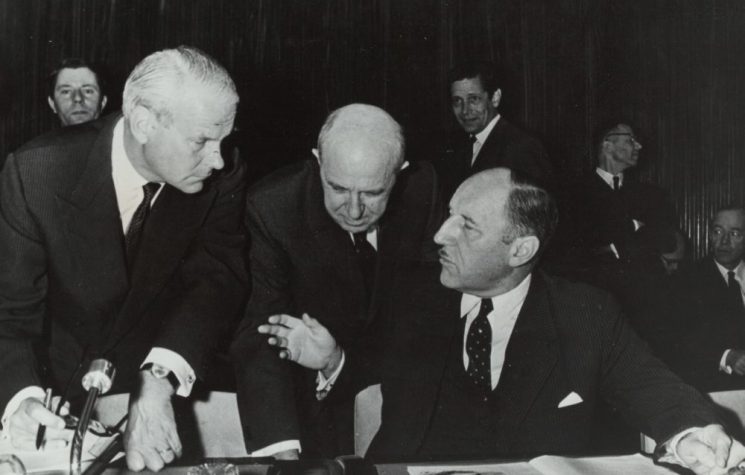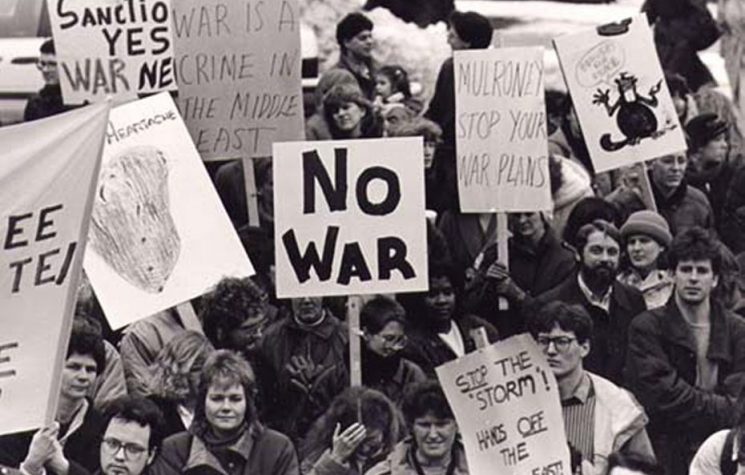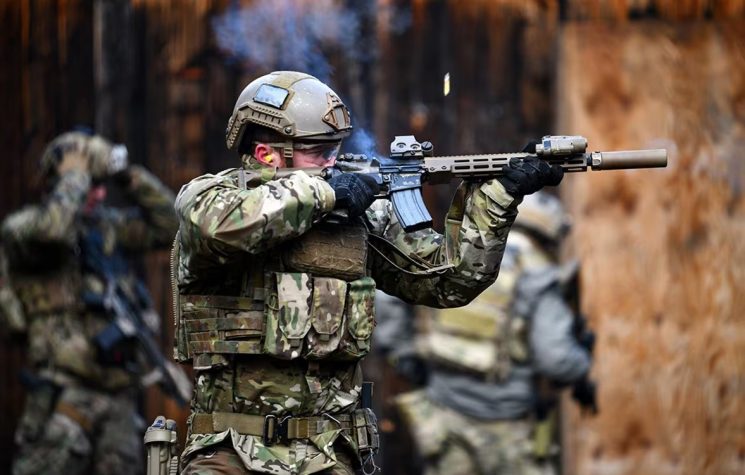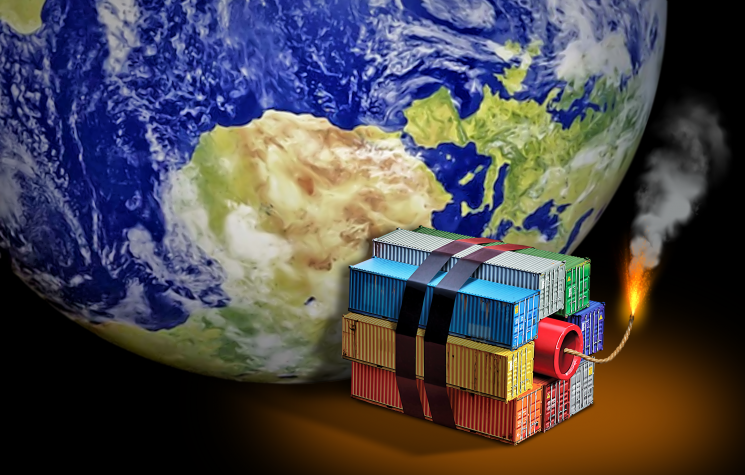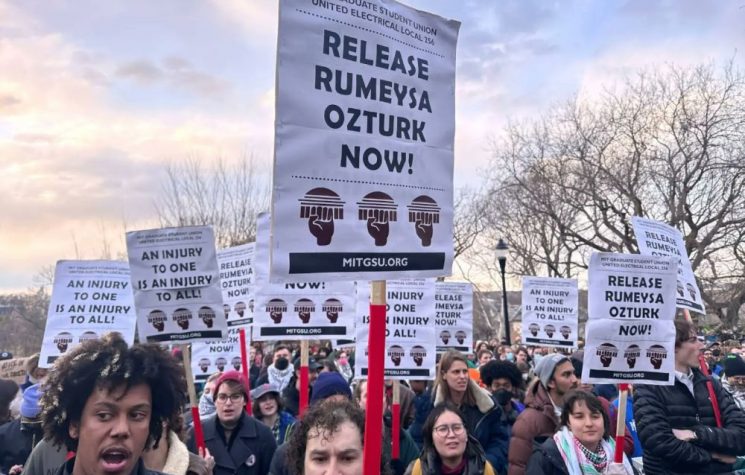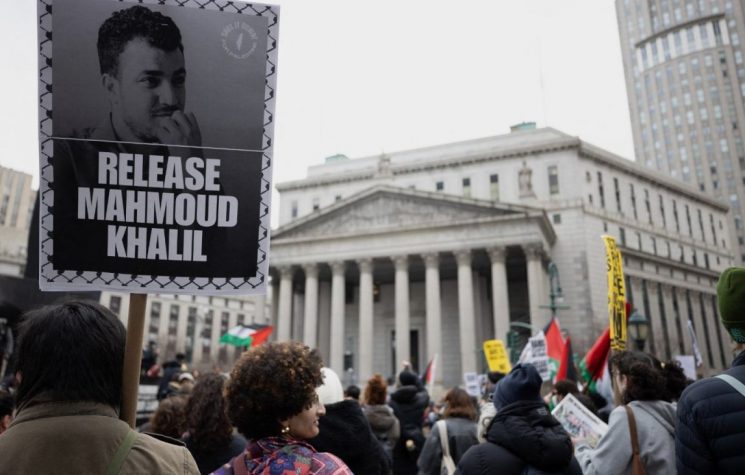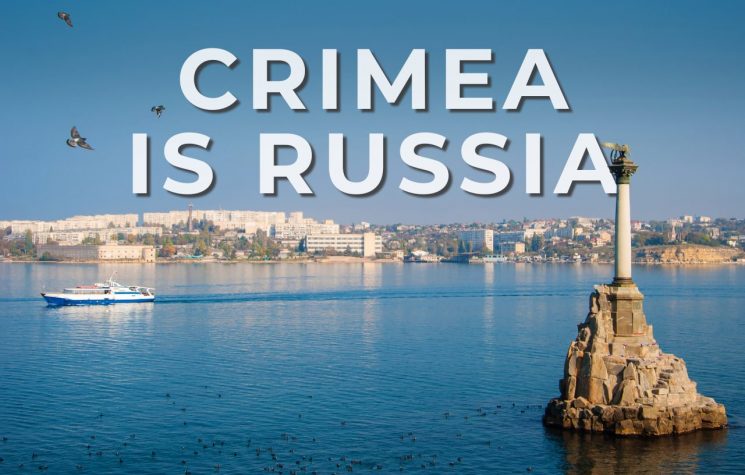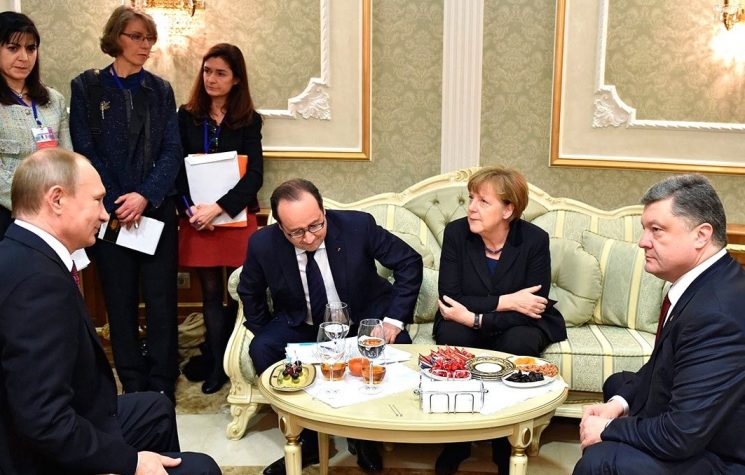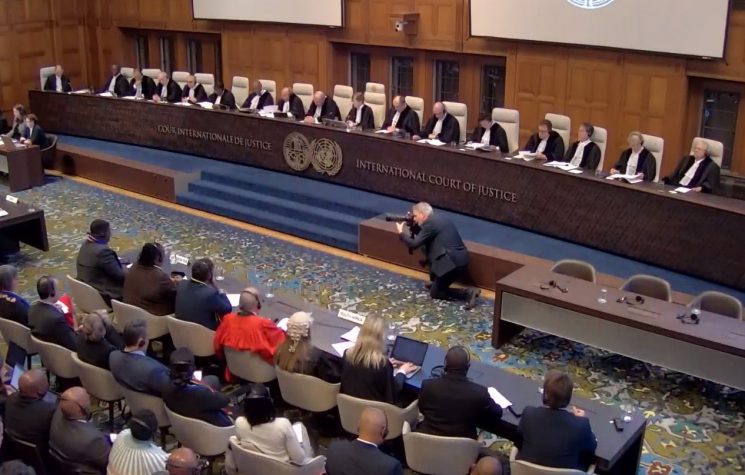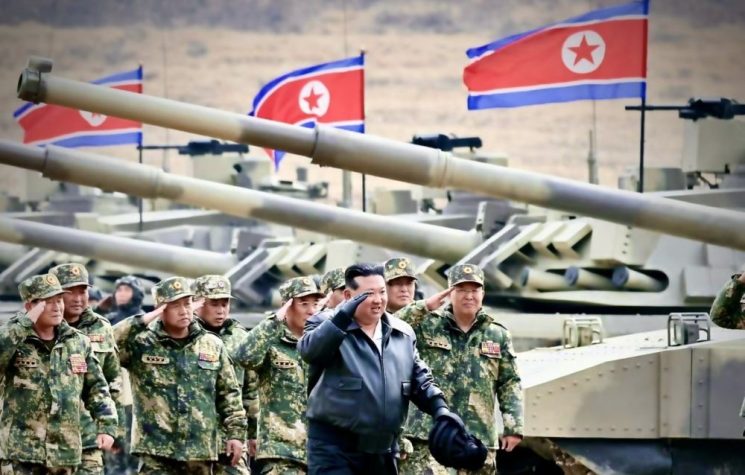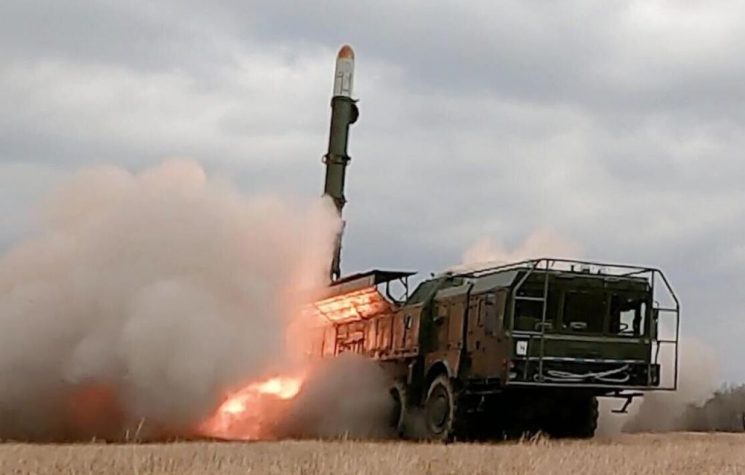The referendums set a dangerous precedent for the rulers of Western “democracies,” in addition to constituting a direct and serious non-military threat to the sustainability of their Ukrainian project.
Yes, that is the unanimous refrain of Western opinion makers following the referendums conducted in the four regions of Eastern Ukraine. That the overwhelming majority of the population there, braving deadly Ukrainian artillery barrages, expressed their preference to be part of Russia, and not of the discriminatory Ukrainian state (or whatever is ultimately left of it) makes no difference to these opinion shapers and policy makers.
The mechanical unanimity which prevails in the West concerning the major geopolitical shift that has just taken place in the East is a disturbing reminder of the single mindedness which, in roughly the same part of the world but under a different ideological guise, used to characterise political and media discourse about a generation ago.
To anyone with a superficial knowledge of the historical and political context, the epilogue of popular consultation in the four regions, as well as in the Crimea eight years ago, should be an open and shut case. (Doubters will be edified, while being entertained, here.) Invocations of international law, not to mention human rights, in these situations work entirely in Russia’s favor.
A fact-based and rational analysis, however, is unlikely to greatly impress the utterly ignorant and brain-washed Western public. The only version of events that they have heard is that Ukraine, allegedly a “sovereign” country, was invaded by a foreign aggressor and that sizable chunks of its territory are now being swallowed up by the invader.
The notion that Ukraine is a sovereign state is, of course, laughable. Ukraine is in fact a subservient political vassal of the collective West, all traces of autonomy having been voluntarily renounced by its own corrupt and traitorous political elite after “independence” in 1991.
It goes without saying that the Western public, with few exceptions, are blissfully unaware of the demographic, historical, and cultural realities of present day Ukraine. Political borders, however arbitrarily drawn, are in their minds the equivalent of ethnic frontiers which must be respected. That dimension of their ignorance was spectacularly illustrated, but on a much higher level, by the then U.S. Secretary of State Warren Christopher during an international conference held in the midst of the Bosnian war. To the shock of the better informed participants, he casually asked when did the Bosnian Serb population cross the Drina River to invade Bosnia, apparently unaware that in Bosnia they had been indigenous for at least the preceding thousand years. British foreign secretary (now prime minister, unfortunately) Liz Truss made a similarly embarrassing gaffe late last year at a meeting in Moscow, stunning her hosts when she expressed strong disapproval of Russian military manoeuvres on territory she thought was in the Ukraine, evidently unaware that it was part of the Russian Federation. The list could go on, but the point of it is that if high level political functionaries are ignorant of basic historical and geographical facts, how much can reasonably be expected from members of the zombified general public?
With regard to the allegedly egregious violation of international law committed by Russia by conducting a referendum to enable residents of Donetsk, Lugansk, Kherson and Zaporozhye to choose the country they wished to live in, a couple of hard data points are in order.
The first and most fundamental data point (probably beyond the knowledge of most citizens of Western counties) is the fact that prior to the 1920s there was a geographical concept associated with Ukraine, mainly in the form of several provincial subdivisions of the Russian Empire, but that as a self-sufficient political entity with defined borders before then it had never existed. To the question, what lands constituted Ukraine as an internationally recognized entity prior to its emergence within the USSR in the 1920s, there is no answer.
Just as the creation of Ukraine as a constituent republic of the USSR was an arbitrary political gesture, so was the determination of what fragments of the former Russian Empire it should eventually be made up of. Ukraine was fabricated by an act of revolutionary political will, for the ideological convenience of the USSR’s central authorities and certainly without any meaningful consultation with its inhabitants. As a decreed-from-on-high constituent republic of the USSR, the Ukrainian SSR was the precursor of the present-day Ukraine. Its separation from the USSR was similarly accomplished by agreement of three unelected and unauthorised Russian, Byelorussian, and Ukrainian functionaries. In terms of international law, and of the vaunted Western democratic values in particular, present-day Ukraine, and its borders, have therefore as much legitimacy as the entity created in the 1920s that it originated and evolved from.
The second hard data point has to do with precisely how the regions of Kharkov, Lugansk, Donetsk and others bordering on the Black Sea came to be incorporated into the newly constituted Ukrainian Soviet Republic. It was done to augment the substance of the new soviet republic by expanding it to include huge swathes of territory populated by Russian speakers who had no relation to the new Ukrainian identity that was being created out of thin air. There was no referendum or even a political climate in which inhabitants could freely manifest their preference. About a hundred years ago certain decisions about the geographical and ethnic composition of Ukraine were made at the top and then administratively implemented at lower levels. Options of dissent and appeal were excluded.
The third hard data point concerns the manner in which in 1954 the Crimea was incorporated into Ukraine. The method followed was exactly the same as described previously. The peninsula which during the preceding hundred fifty years, since before Ukraine had made its political appearance, was incontrovertibly a part of Russia populated by a Russian majority, suddenly, without explanation, and without consultation with its inhabitants, was transferred to Ukrainian control. The first opportunity that the people of Crimea had to manifest their will in regard to this was in 2014, just as the first such opportunity granted to the people of the four regions was a few days ago.
What is the principle of Western democratic governance that prohibits a review of decisions made behind the backs of those they impact? Why may such decisions not be tested for popular consent? If the inhabitants of former British colonies and Dominions have a legally recognised right to decide whether they still desire to be subject to the British monarchy, why should inhabitants of the four regions of Ukraine and Crimea be deprived of the inherent right to decide whether they wish to be subject to the government in Kiev? Especially since they became locked into the present-day Ukrainian state not by their own choice but by the imposition of arbitrarily drawn internal borders. Later, just as arbitrarily, those internal borders were declared to be international. What legal doctrine or moral principle obligates the inhabitants of those regions to treat as sacrosanct political decisions made at their expense by others, behind their backs and lacking their consent?
The hysterical uproar in the collective West over the referendums, one suspects, has less to do with the results – which were foreseeable based on expectations of normal behaviour of threatened and abused human beings – than with the fact that someone had the audacity to organise them at all. In the West unmanipulated expressions of popular sentiment have become a relic of the past. The referendums set a dangerous precedent for the rulers of Western “democracies,” in addition to constituting a direct and serious non-military threat to the sustainability of their Ukrainian project. That is why a vicious propaganda campaign was immediately unleashed to smear, disqualify, and misrepresent them at any cost.











